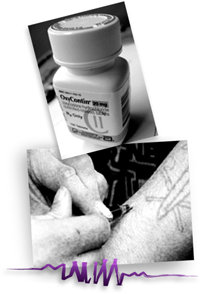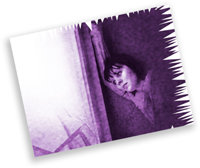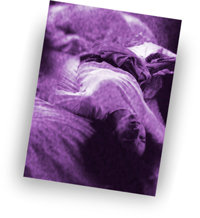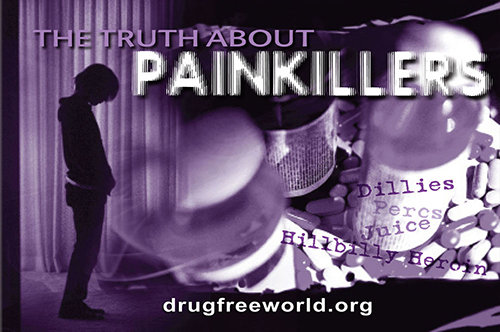Because it reacts on the nervous system like heroin or opium, some abusers are using one brand of oxycodone painkiller, OxyContin, as a substitute for, or supplement to, street opiates like heroin.
Armed robberies of pharmacies have occurred where the robber demanded only OxyContin, not cash. In some areas, particularly the Eastern United States, OxyContin has been the drug of greatest concern to law enforcement authorities.
OxyContin, widely known as “hillbilly heroin” because of its abuse in Appalachian communities, has emerged as a major crime problem in the US. In one county, it was estimated that addiction to this drug was behind 80% of the crime.
“I didn’t think I had a ‘drug’ problem—I was buying the tablets at the chemist [drugstore]. It didn’t affect my work. I would feel a bit tired in the mornings, but nothing more. The fact that I had a problem came to a head when I took an overdose of about forty tablets and found myself in the hospital. I spent twelve weeks in the clinic conquering my addiction.” —Alex
Mental & Physiological Effects of Painkillers
- Constipation
- Nausea
- Vomiting
- Dizziness
- Confusion
- Addiction
- Unconsciousness
- Respiratory depression
- Increased risk of heart attack
- Coma
- Death














































